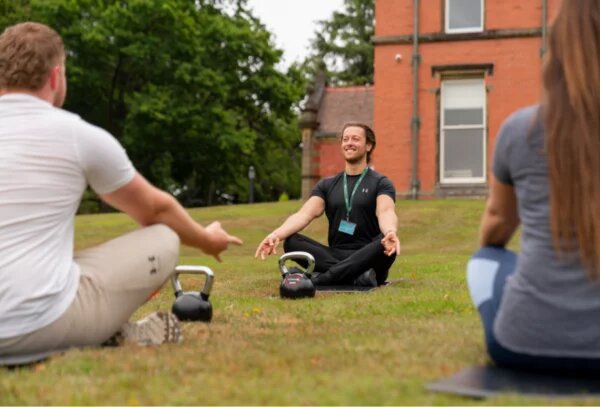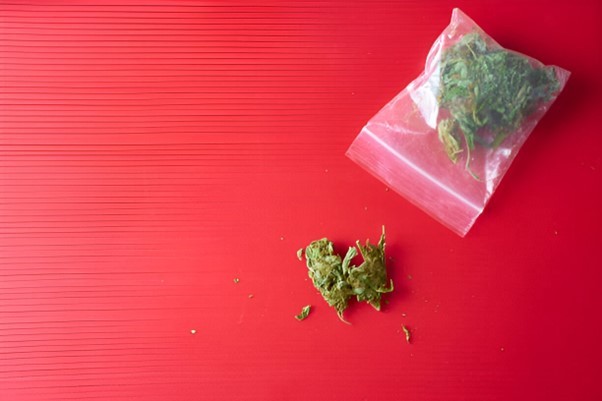Residential treatment provides a structured, safe, and supportive environment

The importance of therapy through residential addiction treatment
Therapy is an essential part of residential addiction treatment, as it helps individuals to understand the root causes of their addiction, recognise their triggers and develop the skills needed to maintain their sobriety. Therapy can also help individuals to work through any unresolved trauma or mental health issues that may be contributing to their addiction. Additionally, therapy can provide individuals with the support and encouragement needed to stay on track in recovery and help them to develop a strong and healthy support system.
Benefits of a residential treatment programme:
- Structured and Supportive Environment: Residential treatment centres provide a structured and supportive environment for individuals in recovery from addiction. This environment allows individuals to focus on the recovery process without the distractions of everyday life.
- 24-Hour Care and Support: Residential treatment centres provide 24-hour care and support for individuals in recovery. This includes medical and psychiatric treatment, as well as counselling and therapy.
- Holistic Approach: Residential treatment centres provide a comprehensive approach to recovery, focusing on the physical, emotional, mental, and spiritual aspects of addiction.
- Therapeutic Community: Residential treatment centres provide a therapeutic community where individuals in recovery can connect with their peers, share their experiences, and learn from each other.
- Individualised Treatment Plans: Residential treatment centres create individualised treatment plans for each person in recovery. These plans are tailored to each individual’s needs and are designed to help them achieve long-term sobriety.
- Aftercare Support: Residential treatment centres often provide aftercare support to individuals in recovery. This includes ongoing counselling, support groups, and other resources to help individuals maintain their sobriety.
What types of therapy can I expect in residential rehab?
The type of therapy you will receive when going into addiction treatment will depend on the specific programme you are enrolled in. Generally, addiction treatment programs will include individual counseling, group therapy, family therapy, cognitive-behavioural therapy, and medication-assisted treatments. Depending on the severity and type of addiction, some treatment programs may also include alternative therapies such as art therapy, music therapy, equine therapy, and yoga.
How Steps Together can help you or your loved one
At Steps Together our purpose is to ensure that we secure lasting recovery and improved health and wellbeing for all those affected by poor mental health or addiction, by providing confidential, discreet therapy programmes, or clinical treatment and care through our UK based range of residential treatment centres, or outpatient services.
For a free and confidential discussion with our expert treatment advisors, contact us today on: 0330 175 7031, or visit www.rainfordhall.com for further information.
Share with:





